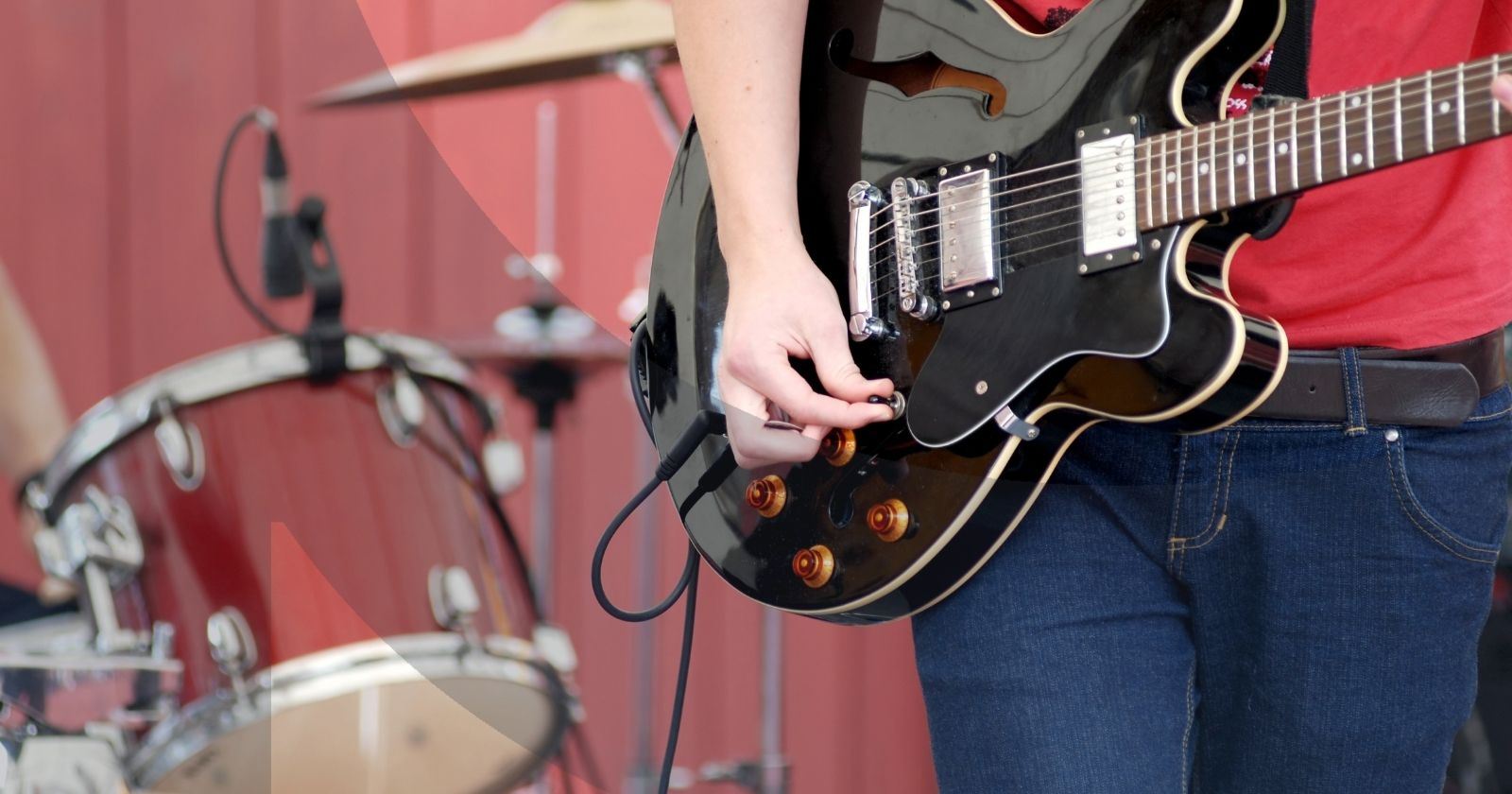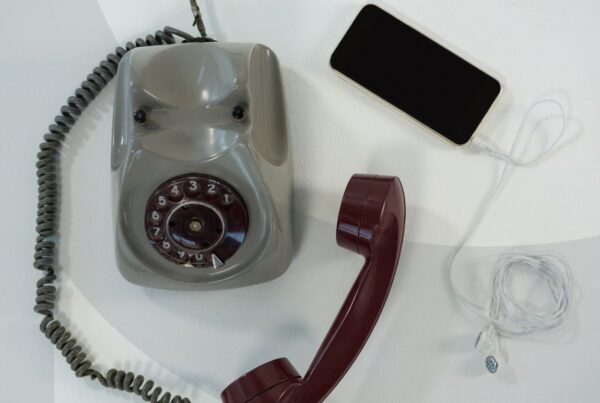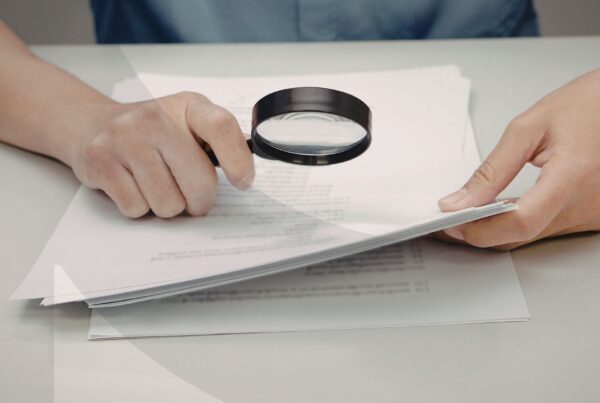Public Relations plays a crucial role in various industries by helping organizations build and maintain a positive image, identify and communicate effectively with target audiences, and navigate the complexities of the media landscape. The entertainment sector is no exception.
The music industry is riddled with artists, record labels, stakeholders, and gear developers, all looking to differentiate from competitors in the space, proving the need for PR is essential for both musicians and music companies alike. In such a saturated market, a strong PR strategy is crucial in amplifying the artist or brand’s name, conquering the cutthroat music scene.
PR Builds and Shapes an Image.
Almost every company pines for a unique and distinguished brand image that differentiates from competitors, but in the music industry, a positive public image is more than a nice to have; it’s a necessity. A solid PR approach shapes how the public, media, and other industry professionals perceive artists. In fact, a well-crafted image can be the make or break of an artist’s success and longevity in the field. For our older readers, you may remember Milli Vanilli, an R&B act whose fame diminished as quickly as it rose. The scandalous duo became the center of public outcry when it was discovered the vocals used on their albums were not the voices of Milli Vanilli but rather the work of uncredited singers. Milli Vanilli was stripped of their Best New Artist Grammy and faced countless legal battles. What was once deemed a promising music career turned into a PR nightmare.
Another important component of PR within the music industry is understanding that an artist’s image extends beyond their music. The CEO of a large company may represent the brand, but their values, ideals, and opinions may differ greatly from those of the organization they work for. Most would not find it odd to see a spokesperson have a completely different personality in work versus outside of work with family and friends, yet an artist does not have the luxury of turning the work “off.” Therefore, PR needs to be a consistent and regular part of a musician’s core. In the music world, 9-5 simply does not exist.
PR and the Art of Experiential Marketing.
The music industry is more than just representing an artist. A strong PR strategy is needed to amplify brand awareness for the many different types of products in the market, and experiential marketing is an effective approach for gear companies of all types to stand out among the rest. Experiential marketing is a tactic that allows consumers to experience a brand or product. It builds off a person’s emotional and intellectual reaction to said experience and creates a lasting impression that extends far beyond an ad. With music products, the strategy is immensely effective as it allows musicians the ability to test-drive gear before purchasing.
KORG, a synthesizer and keyboard company headquartered in Tokyo, Japan, is a great example of a brand that transformed its marketing approach to focus more on experiential experiences, and the result was incredibly successful. Wonder what happened to the marketing manager that came up with the idea…(ahem).
The brand partnered with US breweries to host events that showcased their elite line of products, inviting musicians of all experience levels to have a beer and make some music. The event evolved into an inclusive community of “synth heads” who felt seen in an industry overshadowed by guitarists and drummers. KORG opened its doors to new audiences and a new way to reach current consumers. The initiative resulted in on-site sales, a dramatic increase in PR and media efforts, as well as high levels of social media engagement.
And speaking of partnerships…
Partnerships and Collaborations.
The great thing about the music industry is that music caters to almost every single person in the world. Companies can get creative with the type of industries they want to work with. As KORG partnered with various US breweries, other companies have also worked with unique brands to reach new audiences. Spotify famously collaborated with Uber, Universal Music Group created an exclusive clothing line with H&M, and Apple Music teamed up with Verizon to offer unlimited data plan customers six months of free Apple Music subscriptions. These campaigns showcase how much companies can leverage partnerships to enter new markets and connect with audiences in more engaging ways through lifestyle and cultural connections.
Although it’s been some time since my days in the music industry, I always look back fondly at the creative events and campaigns that propelled my career as an ambitious PR professional. I’ve been grateful to employ the countless lessons learned in my work today as Vice President and look to a future of expanding our current impressive roster of clients with a few familiar musical faces. Reach out and let’s make some music!






